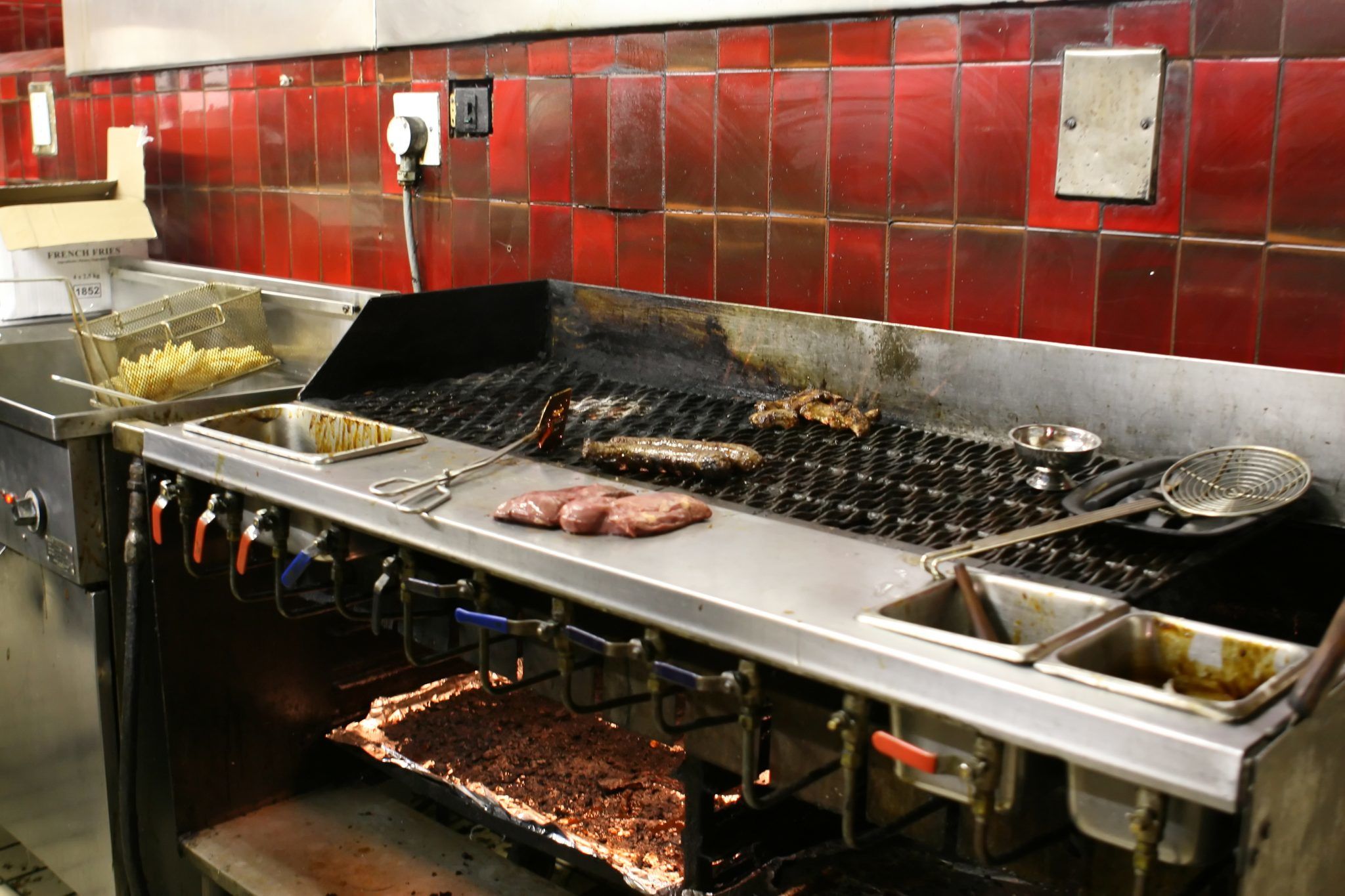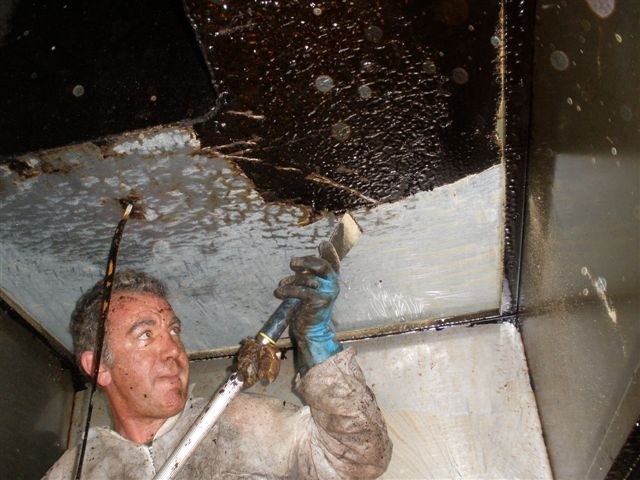Tel: 01474 876800 • 24 Hr: 01474 876809 • Client Portal
- Who We Are
- What We Do
- Build
- Carpentry
- Building Works
- Commercial Flooring
- Commercial Glazing
- Commercial Locksmith
- Commercial Painting & Decorating
- Commercial Plastering
- Commercial Plumbing
- Commercial Refurbishment
- Commercial Roofing
- Design & Construction
- Electrical Installation
- Hard & Soft Landscaping
- Mechanical & Electrical
- Office Builders
- Office Fit Outs
- Office Heating
- Office Partitioning
- Office Relocation
- Site Management
- Maintain
- 24 Hour Helpdesk
- Access Control
- Air Conditioner Repair
- Air Conditioning Servicing
- Commercial Boiler Servicing
- Commercial Electricians
- Commercial Ground Maintenance
- Commercial Pest Control
- Commercial Property Maintenance
- Drain Unblocking
- Emergency Callouts
- Emergency Light Testing
- Facilities Management
- Fire Alarm Testing
- Fire Extinguisher Testing
- Fire Sprinkler Testing
- Fixed Wire Testing
- Handyman Service
- Lift Servicing
- Office Health & Safety
- PAT Testing
- Planned Preventative Maintenance
- Reactive Maintenance
- Roof Maintenance
- TMV Maintenance
- Water Hygiene
- Clean
- Build
- How We Do It
- Why Use Us
- Contact

Why It’s Critical to Keep Your Commercial Kitchen Clean
Table of Contents
Maintaining good hygiene standards is a must in the food industry
If you run a commercial kitchen or food business, it is absolutely critical to maintain good hygiene standards not only for your reputation, but to adhere to UK and European legislation. Any slip ups and you could have a serious incident on your hands which carries harsh repercussions.
It’s perfectly understandable to expect the food industry to have have extremely stringent hygiene rules. Food is regularly stored, handled and served to paying customers who expect you to ensure their food arrives to the plate as carefully as possible.
However, with the increase in demand from consumers eating out in the 21st century, many business fail to stay on top of their obligations of deep cleaning surfaces to remove the build up of grease, oils and grimes which harbour viruses and bacteria and can lead to extreme illness and in some cases, even death. Good hygiene in commercial kitchens should never be taken lightly.
Knowing Your Responsibilities
If you own a food business, your very first priority must be about implementing cleanliness, hygiene and food storage regimes that minimise the risks of contamination.
With so much food and activity taking place in a commercial kitchens, any neglect can lead to a swift decline in standards where the environment becomes a hive for food contamination, debris, pests and bacteria. Failure to recognise this in the era of the “Scores on the Doors” system will inevitably lead to legal action or worse, the closing down of your business.

A good reputation for great food takes years to build yet can be destroyed in an instant if a bout of food poisoning or an infestation of vermin occurs and word gets around.
Why would any sane business owner take this risk?
Putting Procedures in Place
Whether you’re new to the food business or consider yourself a seasoned professional, it’s never too late to learn about the importance of maintaining high standards of cleanliness throughout your premises, and not just the kitchen area.
Staff training forms a critical part of that process and ensuring they understand and follow a hard and fast set of rules will go a long way to preventing any disasters.
All kitchen staff should be made perfectly aware that at the end of each service; surfaces, appliances and utensils should all be cleaned to the same exacting standards, day in, day out. Regular cleaning regimes should always include items such as:
- ovens & microwaves
- hobs & hot plates
- extractor hoods & filters
- deep fat fryers & steam ovens
- dishwashers, sinks & drying surfaces
- cupboards & storage containers
- utensils, crockery & trays
- refrigerators & freezers
- floors, work surfaces, walls & backsplashes
What most businesses owners and inexperienced kitchen staff fail to realise is that dirt, grime and bacteria can in many cases be airborne and thus, can travel and settle across multiple places. Therefore, the list above is not finite and certainly is not exhaustive. By implementing daily cleaning routines, you take steps to massively reduce the probability of problems occurring and ensure that deep cleans and equipment last longer and produce, good quality, fresh tasting food.

Hidden Nasties
The most common place that gets overlooked and forgotten to clean is the kitchen duct extractor system. Whether you run a small canteen or pub, or a full scale restaurant or hotel, this is the most likely place where your troubles will start.
Building insurance firms will demand you have your kitchen duct extractor system de-greased and cleaned at regular intervals. Failure to comply will render your insurance invalid if you were to have a fire, so it’s critical that you have procedures in place to get this done as part of your regular cleaning regime.
UK laws demand that a commercial kitchen is deep cleaned once every 6 months however, if you want to maintain good practices and set high standards, you should aim to have this done far more regularly.
The fact is, regular cleaning in a commercial kitchen isn’t a choice and is just as important before you serve food as well as afterwards. Take cleaning your kitchen seriously and you’ll undoubtedly produce far better food and have very happy customers.
Request a Callback
Recent Posts
- How to Clean an Oven 01th Apr 2023
- How to Clean & Descale a Shower Head 01th Mar 2023
- How to Clean a Fabric Sofa 01th Feb 2023
- How to Get Rid of Mould 01th Jan 2023
- How to Clean a Mattress Properly 01th Dec 2022
- How to Clean a Washing Machine 01th Nov 2022
- How to Clean a Microwave 01th Oct 2022
- How to Get Blood Out of a Carpet 01th Sep 2022
- What is Access Control? 01th Aug 2022
- What is Hot Water Extraction Carpet Cleaning? 01th Jul 2022

